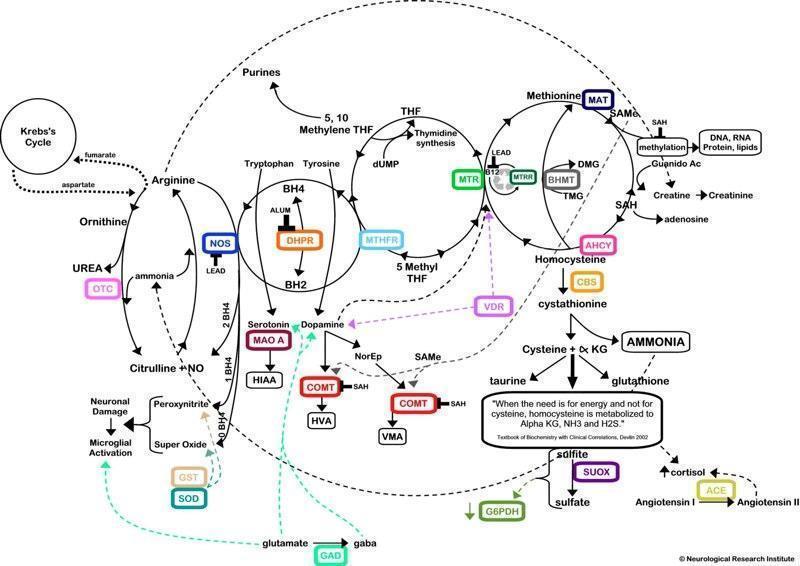DaveFoster
Member
L-lysine - serotonin antagonist
But is ketogenesis sustainable? Is the body adapted to sustain ketogenesis or is it a short-term protocol to attenuate an environmental stressor that has resulted in a lack of available carbohydrate? You make some great points kineticz, and you make me question the Peat paradigm, but my eyes were always yellow when I did keto, and I felt low-energy, had no success in the gym, and my sleep was all but restorative.kineticz said:post 112854 The most efficient way to produce ATP is ketogenesis if your body can sustain it.
Life is too short to spend so long reading conflicting information. I have done this for four years, spent £8,000, and the above advice combined with my high levels of education is the best advice I can give, and will certainly be spending no more time experimenting or researching,
Last edited by a moderator:

